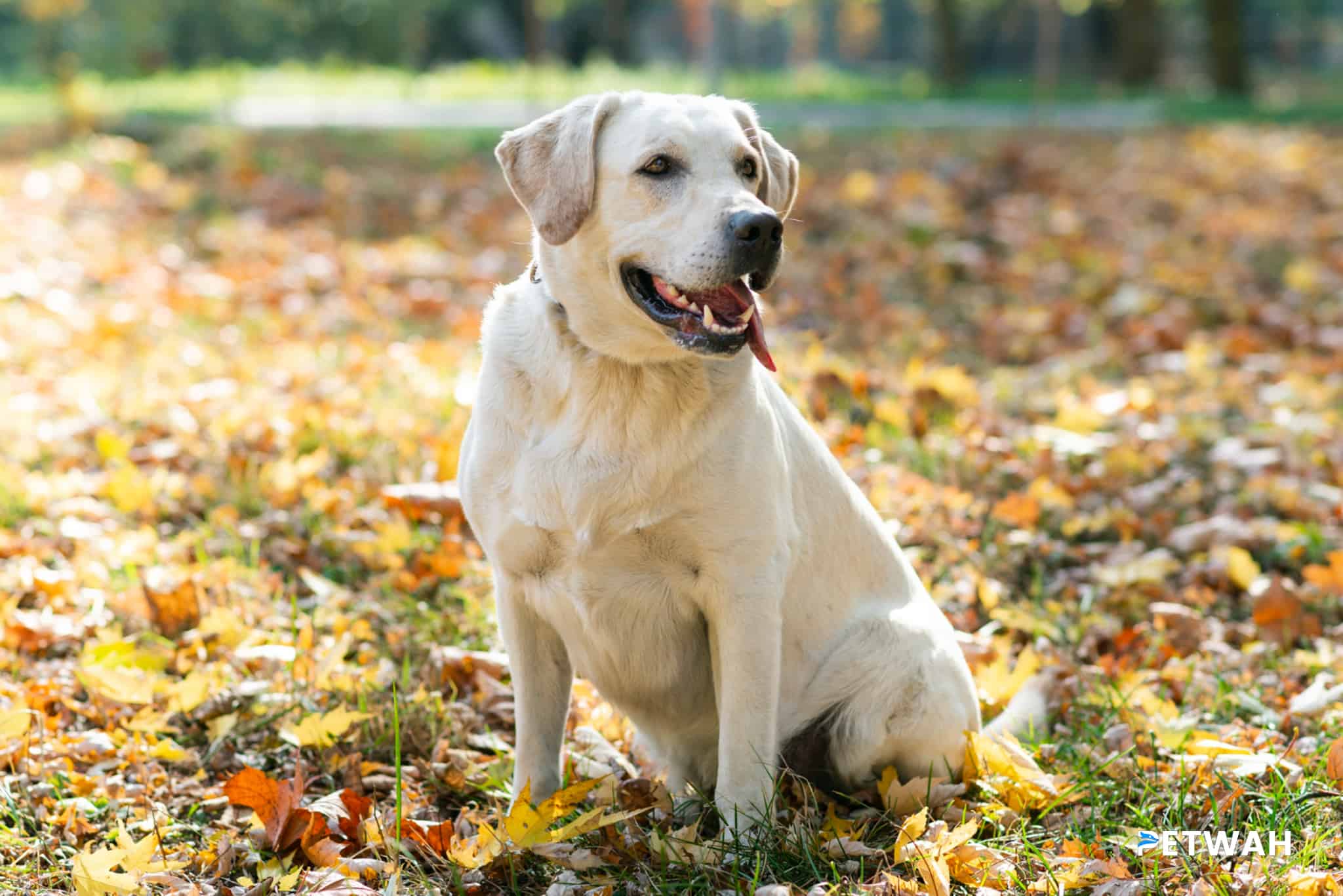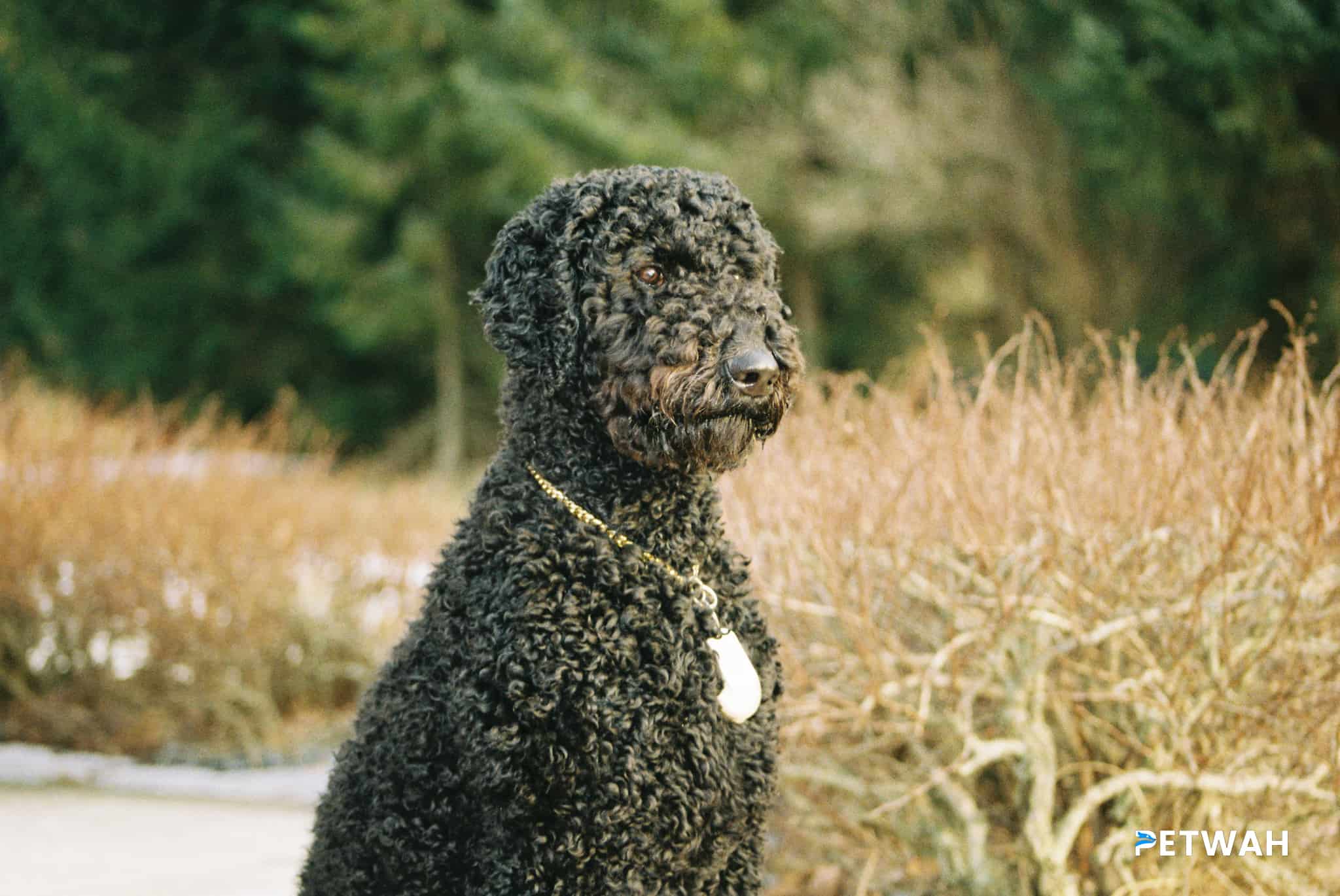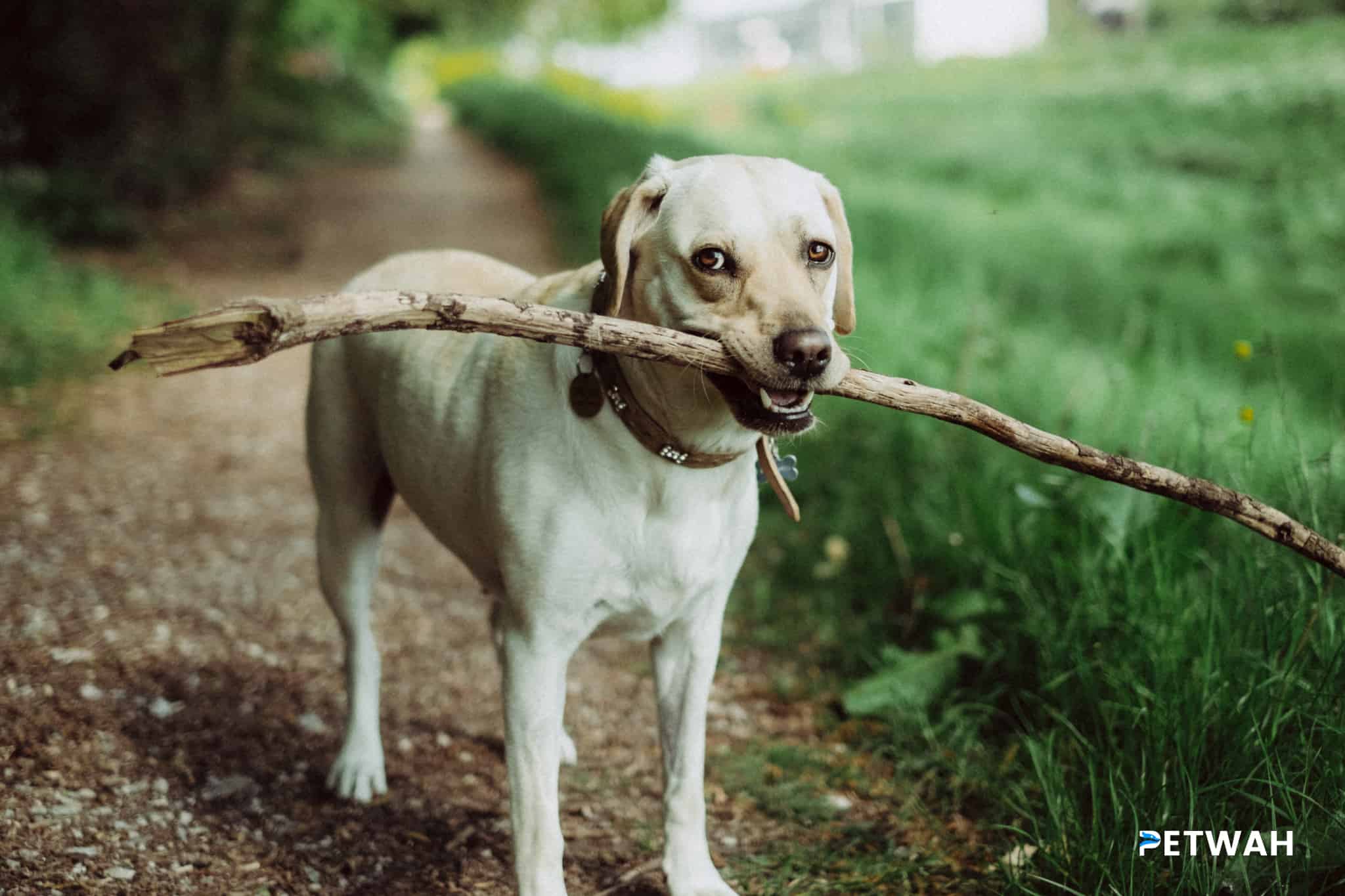Labradors are known for their friendly and outgoing nature, but just like any other breed, they can also experience fears and anxieties. It is important for a couple to address these concerns to ensure the well-being and happiness of their Labrador. By understanding and addressing these fears, couples can create a safe and secure environment for their beloved furry friend. In this blog post, we will explore some common fears and anxieties in Labradors and provide practical tips on how to address them.
Identifying Common Fears and Anxieties in Labradors
Labradors can experience a range of fears and anxieties, which can manifest in various ways. Some of the common fears and anxieties in Labradors include:

1. Separation anxiety: Labradors are known to be loyal and sociable dogs, so it is not uncommon for them to experience separation anxiety when left alone. This can lead to destructive behavior, excessive barking, or even attempts to escape.
2. Fear of loud noises: Labradors, like many other dogs, can be scared of loud noises such as thunderstorms, fireworks, or even the vacuum cleaner. This fear can cause them to tremble, hide, or display other signs of distress.
3. Fear of new environments or situations: Labradors may feel anxious when exposed to new environments, unfamiliar people, or new experiences. This fear can make them hesitant, shy, or even aggressive.
Addressing Labradors’ Fears and Anxieties
It is crucial for a couple to address their Labrador’s fears and anxieties in a timely and empathetic manner. Here are some effective strategies to help alleviate their concerns:
1. Gradual desensitization: Introduce your Labrador to the fearful situation gradually, in small steps. For example, if your Labrador is scared of loud noises, play recorded sounds at a low volume and gradually increase it over time. This will help your Labrador become more comfortable with the noise.
2. Counter-conditioning: Associate the fearful situation with positive experiences by offering treats, praise, or playtime. For instance, if your Labrador is scared of new environments, gradually expose them to new places while providing rewards and positive reinforcement.
3. Consistency and routine: Establish a consistent routine for your Labrador to help them feel secure and reduce anxiety. Stick to regular feeding and exercise schedules, and create a safe and comfortable space for them to retreat to when they feel anxious.
4. Seek professional help if needed: If your Labrador’s fears and anxieties persist or worsen despite your efforts, it may be beneficial to consult a professional dog trainer or behaviorist. They can provide specialized guidance and create a customized training plan for your Labrador.
5. Create a safe space: Designate a quiet and comfortable area in your home where your Labrador can retreat to when they feel anxious. This could be a crate, a specific room, or a cozy corner with their bed and toys. Make sure this space is always accessible to them and free from any potential stressors.
Conclusion
As a couple, addressing common fears and anxieties in your Labrador requires patience, understanding, and consistent training. By identifying their fears and implementing appropriate strategies, you can help your Labrador feel safe, secure, and happy. Always remember that every dog is unique, and it may take time to see progress. Seek professional help if needed and continue to provide love, care, and positive reinforcement for your furry companion.
FAQs
1. How can I tell if my Labrador is experiencing fear or anxiety?
– Signs of fear or anxiety in Labradors can include trembling, panting, pacing, hiding, excessive barking, destructive behavior, or attempts to escape. If you notice any of these behaviors, it is essential to address the underlying cause.
2. Can I use medication to help my Labrador with anxiety?
– Medication should only be used as a last resort and under the guidance of a veterinarian. It is important to explore behavior modification techniques and natural remedies before resorting to medication.
3. Can socialization help reduce my Labrador’s anxieties?
– Yes, socializing your Labrador from a young age can help reduce fears and anxieties. Exposing them to various situations, people, and animals can help them become more confident and comfortable in different environments.
4. How long does it take to address a Labrador’s fears and anxieties?
– The time it takes to address a Labrador’s fears and anxieties can vary depending on the dog and the severity of the fears. It is essential to be patient and consistent with training, as progress may take weeks or even months.
5. Are there any natural remedies that can help with anxiety in Labradors?
– Some natural remedies, such as lavender aromatherapy, CBD oil, or calming supplements, may help alleviate anxiety in Labradors. However, it is important to consult with a veterinarian before using any natural remedies.
Discover more about Labradors and their well-being on PetWah.com. PetWah provides valuable resources and products to help you care for your Labrador and address their fears and anxieties effectively. Visit PetWah now to enhance the well-being of your furry friend.







